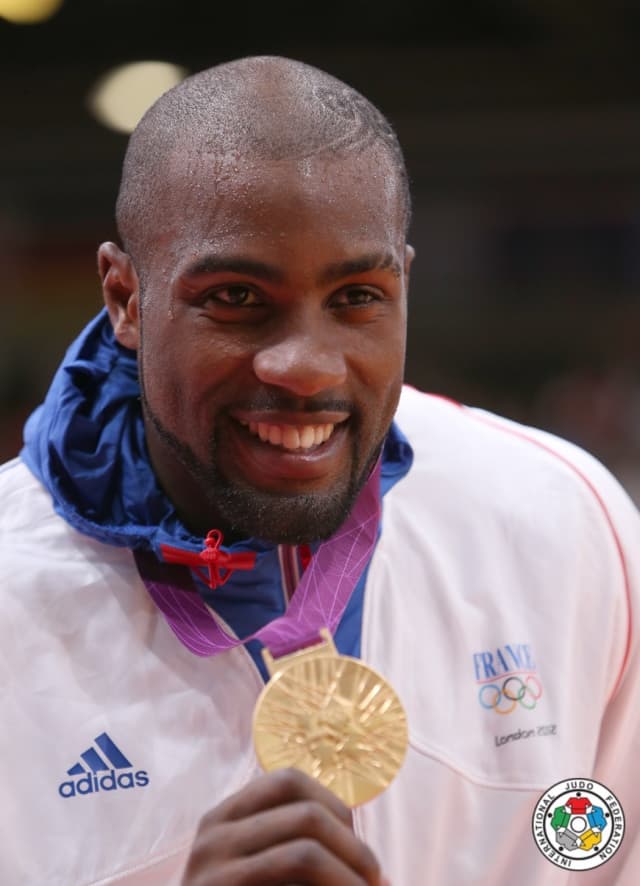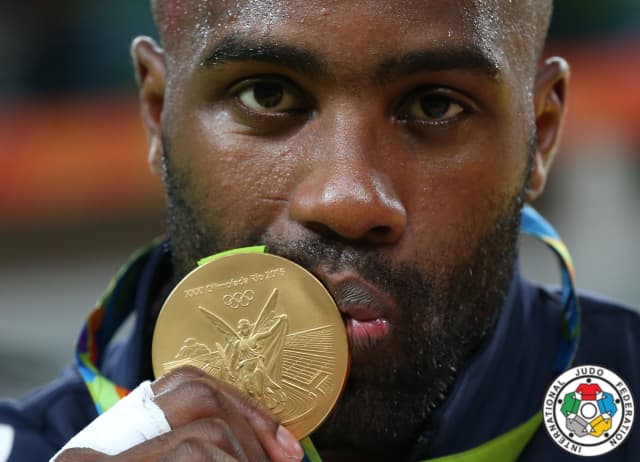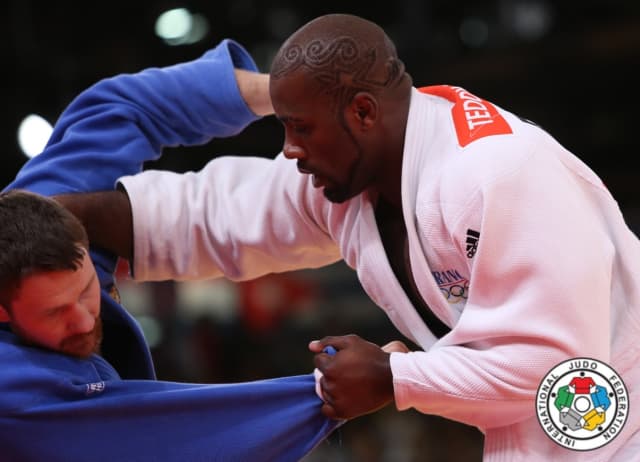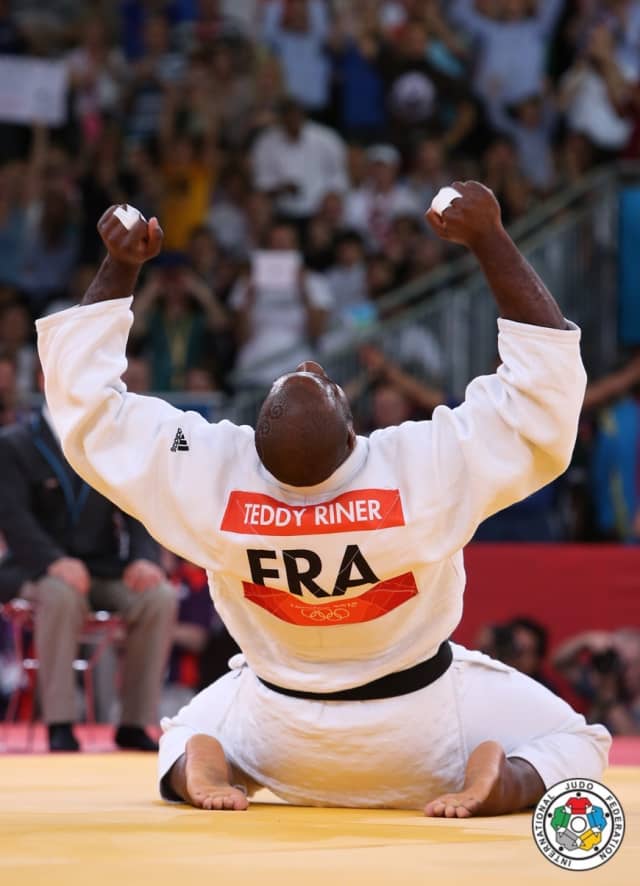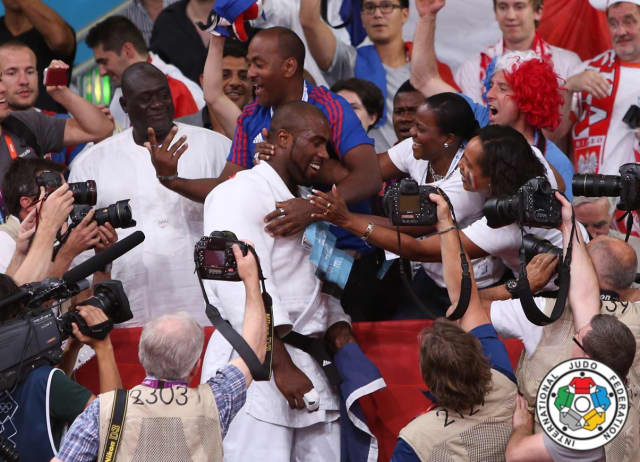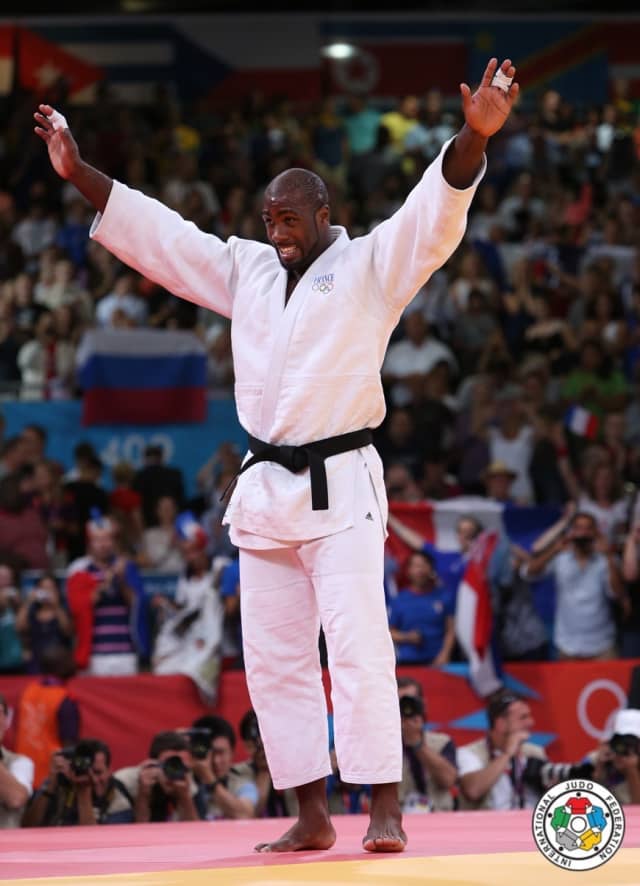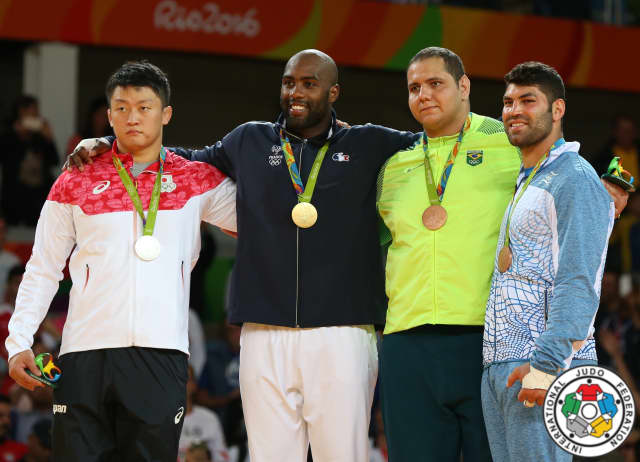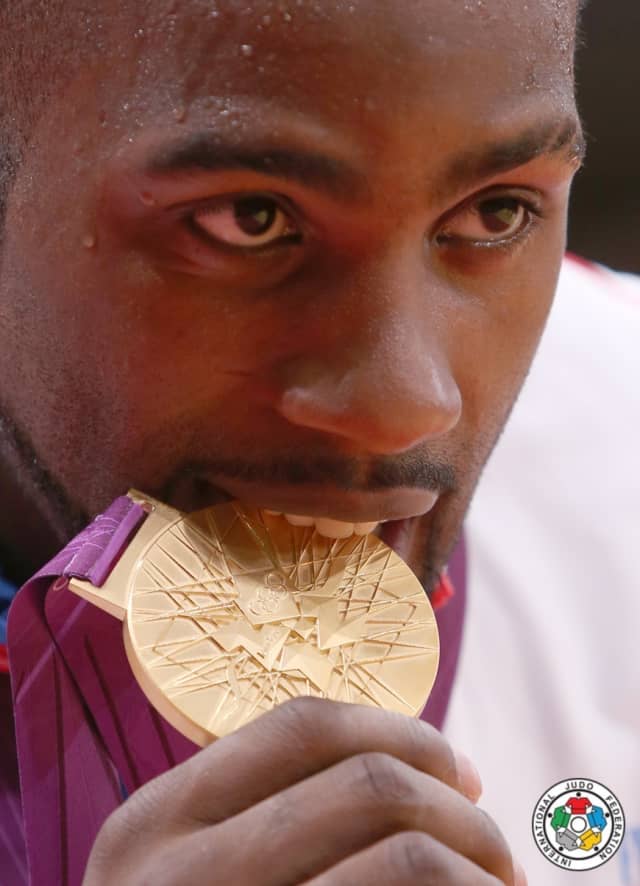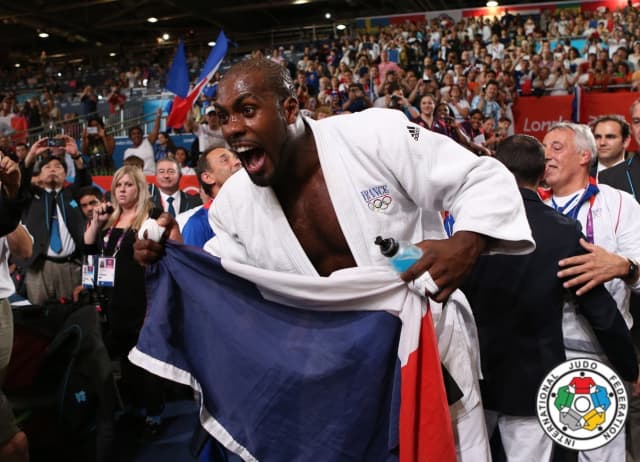We introduced the statistics, the almost impossible feat and the question in our first article in the series, which can be found here:
https://www.ijf.org/news/show/151-olympic-champions-tokyo-to-tokyo
A reminder of the question:
It could be said that to be in the company of an Olympic judo champion is to be presented with someone whom has reached an absolute pinnacle, a ceiling which cannot be surpassed; there is nowhere further to ascend in the world of sport. We often find Olympic champions speaking with freedom and certainty, unafraid to share an opinion, speaking of their lives and journeys with confidence. For many we feel there is peace, and that can be magnetic and inspiring.
So the question is, did they become Olympic champion because of that character or did they become that person having won the Olympic gold medal?
“I think both. If you don’t have character it’s impossible to win the Games. After winning the first world title, everyone congratulates you but it is nothing if you don’t have the Olympic gold. When you’re young and competing and training every day, you say every day, ‘I want to know this feeling, I worked hard for this day, for this gold medal. After though, I want to know what is after that.’
For all athletes, they all want the world and Olympic titles. How many people try to have these medals; it’s impossible! Then when you have one world title, it’s amazing and a dream but a lot of the media still say that they’re still waiting for the Olympic title. In France, maybe it’s like this because of the history we have. We have the knowledge that it really is a possibility. It’s tough at home with this commentary."
"My character is that if someone says something I did is nothing, I will beat it, I will do even better and come back to the person who said it. I don’t like to lose and so I train to avoid this. I also don’t like when someone has sympathy or pity for my loss. I want all my family to continue to be very proud of me not just on the tatami but in life. It’s not a pressure but I know I am an example for my little cousin and all of them. When my family come to competitions, they are my oxygen. I often have many of them with me. I take pleasure in their presence. They say they take joy in being part of my life. They bring a good vibe.”
Could your success be attributed in part to genetics, to physical characteristics?
"I don’t think about my genetics. All guys in my category are athletes and once they know me, they all recognise that I work hard for my place.
During my first two years in INSEP I was flying in the air over and over again but my mentality is to continue to stand. I never stayed on the ground or cried. I tell friends who cry that they must stay focused too. I have this kind of spirit."
"If I talk with my family, they say that I liked to win since I was very young but staring at the highest level, the attitude has to change, to develop, to be more than just competing to win. You think about winning, eat to win, train to win!
I think maybe I’m a little bit crazy. Without this little bit of crazy, where you can take the pain needed to progress to the top of the top, perhaps a career like this wouldn’t be possible. If coach asks me to go to the gym, I go because I know that this is 1% that I can put in my bag. If you don’t do this training properly, then you don’t deserve it.
For each medal I worked hard; I know I worked for it. Alone though, it is impossible. I worked hard always and now I have earned my team to support me. I couldn’t last so many years at the top level without a team, my team."
"Now I know this is the top of the top. Competing and winning at the Olympic Games for the first time, you live for that! It’s like a dream and I have a lot of different words for this experience, for this event but none of them are enough: phenomenal, sublime, magic. If I have my health, I continue towards the Olympics. If my body said yes, I would continue for the rest of my life. It is the character of an athlete to be like this.
The first Olympic gold changed me, of course. From my bronze in Beijing, I knew exactly what I wanted. I knew after that, for every morning when life is difficult, why I continue. It’s for the Olympic Games!"
"When people talk too much, I have to ask if they really know. This task is a mountain and when you reach the top there is a monster waiting for you. It’s difficult. The first gold is fun, the second is difficult because everyone wants to be part of it. There are sponsors and media and more, but I don’t mind this, this is the life, a part of the life that should be expected.”
What have you learned?
“I have gained a lot of experience in judo, in life. I have peace within me. With all these medals and specifically the gold medals, you are proud of yourself. You can breathe, no more pressure. When I train crazily like this, it’s not for money or anything else, it’s for me. I cannot stop now or I will have questions to ask myself. If I quit now, I would have so many things to ask myself, too many questions. I prefer to continue and work hard and prepare for this next Olympic Games. I want all possible medals, in every championship.
I want to be at the top of the table for the most Olympic medals. I have world team gold and Olympic team gold medals. I have European club team championship gold. I don’t have European team gold with France though. It is the only one left! If I can continue at all I will, I want to complete them all.”
Teddy Riner won bronze at his first Olympic Games at 19 years old, in Beijing. Then there were the two golds, in London and Rio De Janeiro. He took bronze in Tokyo in 2021 in the individual event but gold in the first Olympic mixed team event. He is now ready to compete on home soil at the Paris 2024 Olympic Games and faces the challenge he set himself, to become the most decorated judo Olympian in history, while also simply continuing…

